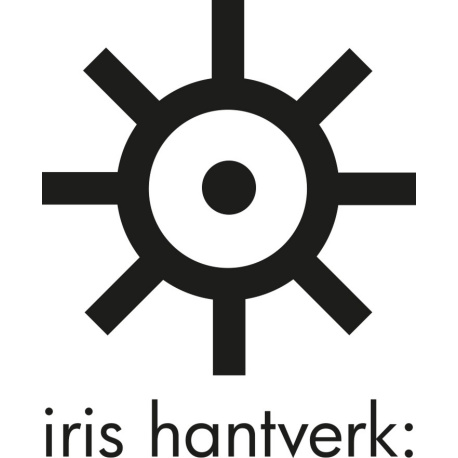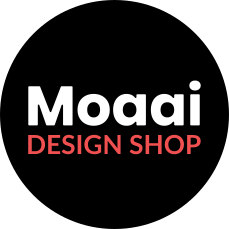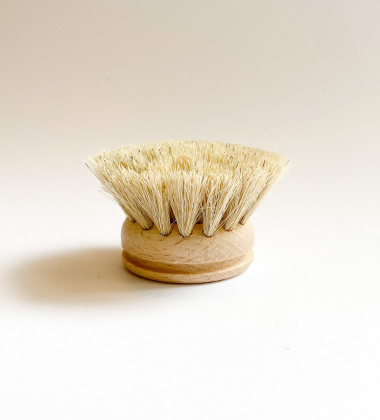
Iris Hantverk to niewielki szwedzki warsztat, w którym ręczne wykonanie zyskuje zupełnie nowy wymiar. Szczotki z naturalnych materiałów są w niej wykonywane przez niewidomych i niedowidzących rzemieślników, którzy dzięki swojej wyjątkowej pracy mają możliwość normalnego funkcjonowania. Do wykonania szczotek użyto najlepszych naturalnych materiałów, co w jednoznaczny sposób nawiązuje do szwedzkiej tradycji dbania o zdrowie oraz środowisko naturalne. Utrzymanie szczotki w czystości nie wymaga żadnych szczególnych zabiegów - wystarczy umyć ją ciepłą wodą z mydłem i pozwolić wyschnąć.
Iris Hantverk has strong ties to and share their history with the Visually impaired organization in Sweden, SRF. In the 1900s century, Sweden began to change from being an agricultural country and develop into an industrial society. People moved to the cities - also this was the time when the labor movement emerged.
In November 1870, Dr. Axel Beskov took the initiative of founding the Manilla School - a workhouse for visually impaired craftsmen in Stockholm. Initially there were nine people, most of them lived at the workhouse. The salary was 75 percent of product sales. Part of that went to pay the accommodation. Work began 6 am and ended at 9 in the evening.
In 1889 a group of visually impaired craftsmen founded a political independent organization, "De blindas förening", whose purpose was to encourage, the otherwise much isolated group of visually impaired, to actively participate in society in different social contexts such as musical events and lectures, but primarily to work for equal access to employment and live by their work.
A large part of DBF work came to revolve around the development of support for the artisans and their ability to live off their work. In 1902 DBF decided that materials for brush binding and basket making would be purchased collectively in order to reduce prices and be sold to the visually impaired craftsmen for purchase price. In 1906 a property was bought on Majorsgatan 12, it accommodated a number of functions: office and library, brush binding factory, warehouse for raw materials, sales of raw material and a shop. These undertakings made the foundation for what Iris hantverk is today.
In the late 1900s century a small brush manufacturing started out in Stockholm. It was a successful movement so successful that it remains today. Now, as then, every brush is made by hand by visually impaired craftsmen. It brings new dimensions to the concept of sensitively made by hand.
All brushes are of exclusive design and made mostly from natural materials. You will find our products in our own stores as well as in many other lovely shops around Sweden and worldwide.
Today we are 17 employees at Iris Hantverk. The core of the business is the brush binding manufacturing at Sandsborgsvägen, Enskede – here 6 visually impaired craftsmen from different cultures make brushes according to an old Swedish tradition. We also work with visually impaired craftsmen in Estonia. Like us, they too have a history strongly connected to the visual impairments movement.
The brushes are sold in our two shops in Stockholm and in our online store but also all over Sweden and the world through our wholesalers. We continue to supply individual artisans across the country with raw materials.
Since August 2012, Richard Sparrenhök and Sara Edhäll run the company. In 2012 Socialdepartementet withdraw the aid disbursed for depot activities for visually impaired craftsmen. That had been the main revenue for that function since the 1950s. Iris Hantverk’s owner at that time then decided to sell the company to us - both having worked for many years in the company and its management. We are both very glad to take over and operate on this company that holds so much history and tradition. In particular, we appreciate the support visually impaired craftsmen have from De Blindas Väl whose generous contributions have made this website and webshop. We care much for the craftsmen and the survival of the brush binding manufactory. We believe that many like us appreciate the feeling and quality of a hand drawn brush made of natural materials.
Produkty
- 1
- 2

